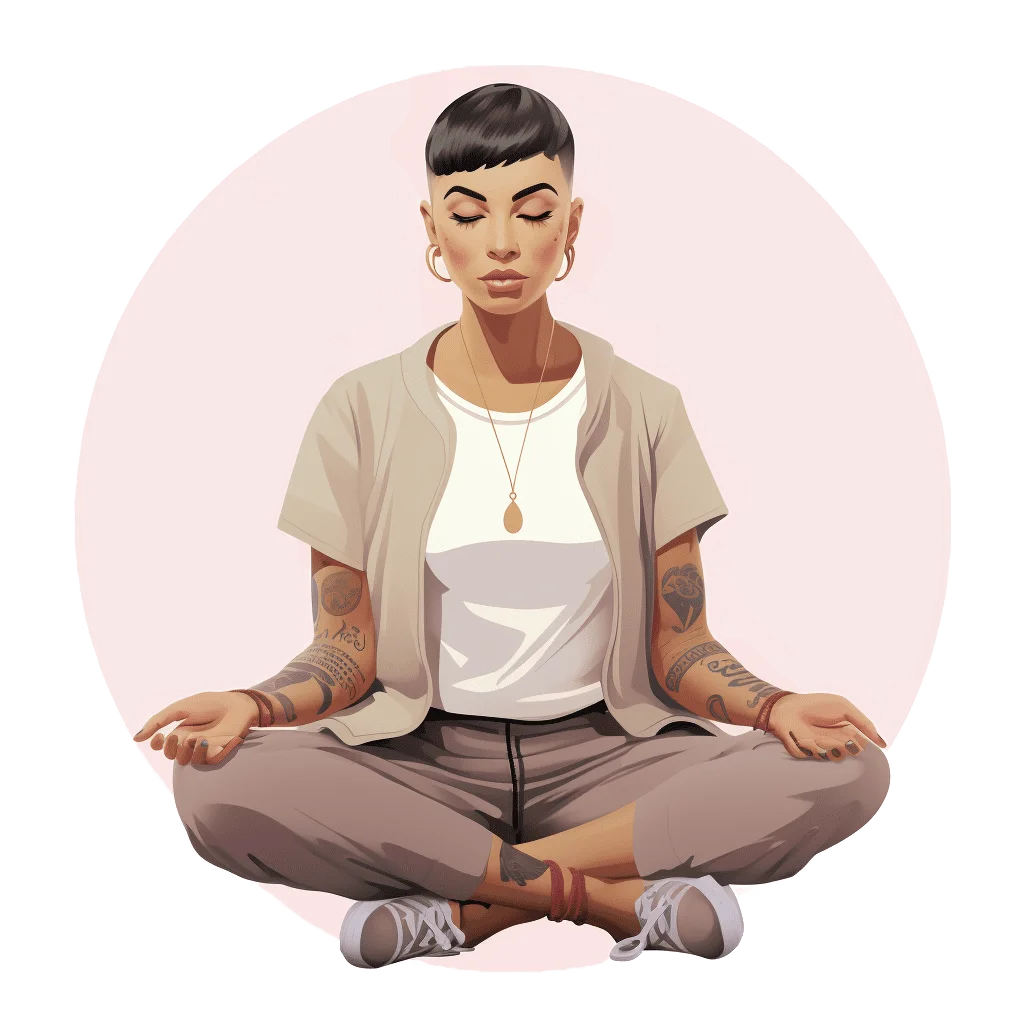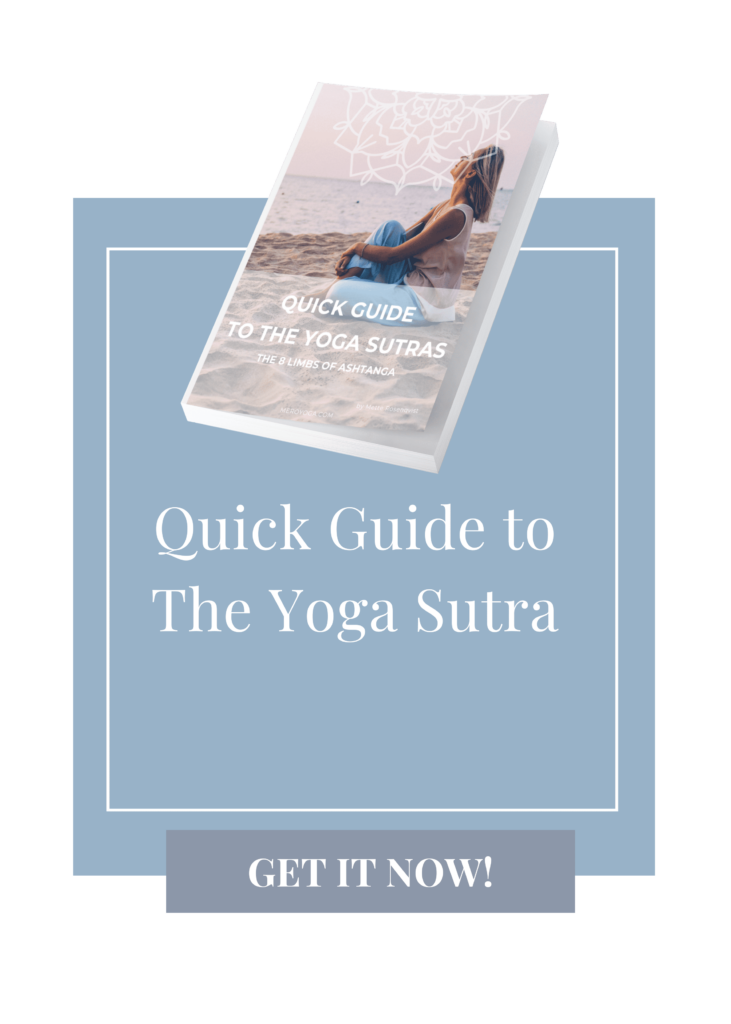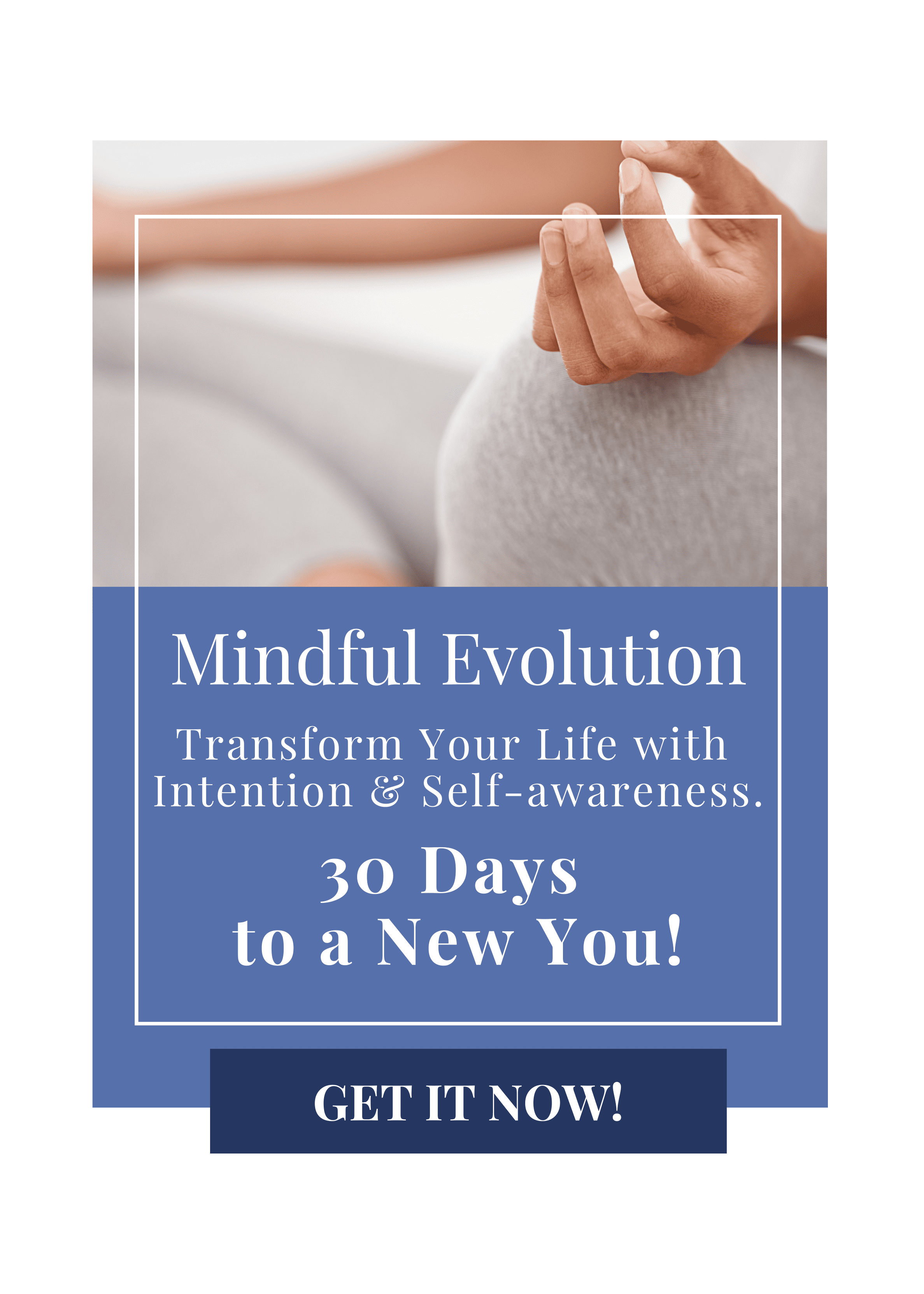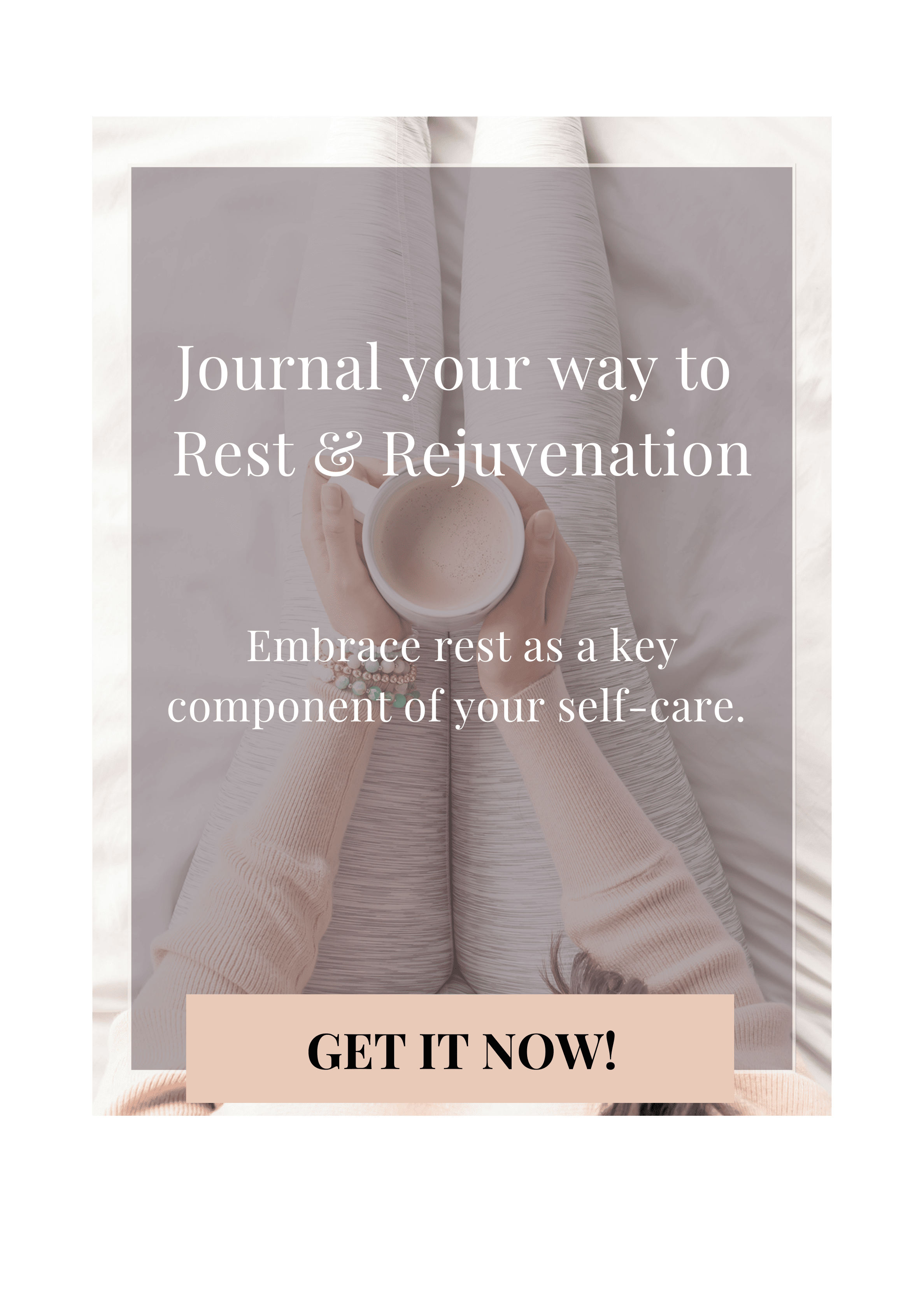Regardless of the time of day, the benefits of meditation are many and range from physical and mental to health and emotional. From improved focus to lower stress levels, meditation is an incredibly effective practice that can transform your life.
Sleep problems such as insomnia are often not taken seriously according to how serious they are to health. As a society, we are often blind to the critical effects lack of sleep has on our health and well-being. While we often don’t want to do without our so-called “necessities of life” such as coffee, wine, beer, or exercise, a night without sleep is not considered something serious.
As we become accustomed to a lack of sleep or a poor quality of sleep, the effects of the lack of sleep continue to negatively affect our mind and body, in both noticeable and non-noticeable ways. From heart disease to obesity, and under-sleeping have been shown to be associated with a wide range of medical conditions.
Fortunately, meditation may be the key to moving from disrupted sleep cycles to healing through sleep. The use of sleeping pills and other medications can be reduced as your body’s natural sleep rhythm returns and the quality of your sleep improves.
You might also like “Do you get enough sleep? This exercise will help you“
How meditation improves sleep.
Meditation affects our sleep quality in several ways. Meditation calms the nervous system, which helps to reduce our body’s stress level, allowing for deep and more restful sleep and activate the parasympathetic nervous system helping us to improve our digestion and create regular and calm breathing.
Due to our often hectic everyday life and fast-paced culture, we force our nervous system to be in survival mode for longer periods of time, longer and more often than is healthy or necessary. This strains our physical body and drains us of energy.
Meditation is a way to press the RESET button and force ourselves back into a natural relaxed state.
How can you meditate before going to sleep.
Depending on how you feel during the day and what you prefer, you can choose different ways to meditate. Meditation is a very individual practice. Some prefer guided meditation, where a narrator’s soft and soothing voice carries you through to physical relaxation. Others prefer to play meditative music to achieve deeper states of calm, and others do focused attention meditation, shutting off the outside world. There are countless ways to meditate; from ancient Buddhist techniques to modern variations.
So how do you do it?
Choose the meditation technique you feel suits you. Try different techniques over a week or a month to discover what works for you.
Choose a simple technique.
A simple technique to start with might be to set aside 10-20 minutes each day and then lie or sit with your eyes closed, with focused attention on one thing – such as the inside of your hand, the sound of your breath, the feeling of the breath moving in and out of your nostrils or the inside of your eyelids. Regardless of the focal point, this technique calms the nervous system and allows for improved REM sleep. It is especially useful if, despite a full night’s sleep, you wake up still feeling tired.
Make rituals around the habit of meditating.
You achieve the best effect by creating a meditation habit, creating a fixed evening (or morning) routine. Make sure not only to make the meditation itself a routine, but also create some routines around your preparation for meditation, in this way, you’re telling yourself, mentally as well as physically, that you are going to meditate and over time the body will already prepare here, that way you can get so much more out of your actual time sitting in meditation. A routine ensures that you do not have an abrupt transition from a perhaps chaotic and busy day to a sedentary meditation.
Create a calm space for yourself.
Make sure to turn off phones and computers, and sit or lie somewhere where you can be undisturbed. Especially as you start your meditation practice this is important, if you keep at it, you will find that perhaps over time, you will be able to meditate in more turbulent surroundings as well.
In just a few days, with a meditation practice, you can experience a huge shift in your ability to achieve a sense of calm and to maintain that calm throughout the night.
Try it, and let me know how it goes?
You might also like “Unlocking the power of sleep my best read“






